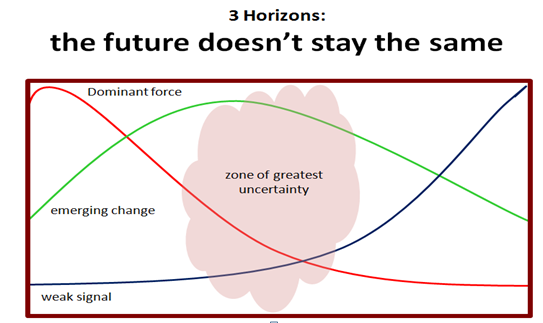 There is no question the Stage-Gate process has had a significant impact on the conception, development and launch of new products.
There is no question the Stage-Gate process has had a significant impact on the conception, development and launch of new products.
Yet there have been consistent criticisms of it, as the world of innovation has moved on. Today it is faster-paced, far more competitive and global and become less predictable.
The cries of the Stage-Gate process as being too linear, too rigid and far too planned, bordering on prescriptive have often been heard. The gates are too structured and the constant ‘creep’ of the controlling bureaucracy surrounding it in paperwork, checklists and justification has simply led to so much non-value-added work added to the moans and groans.
Surprisingly, the Stage-Gate concept was created in the 1980’s and led to Robert G Cooper’s different evolutions of this evolving and absorbing many new practices and experiences gained by different organizations across this time.
